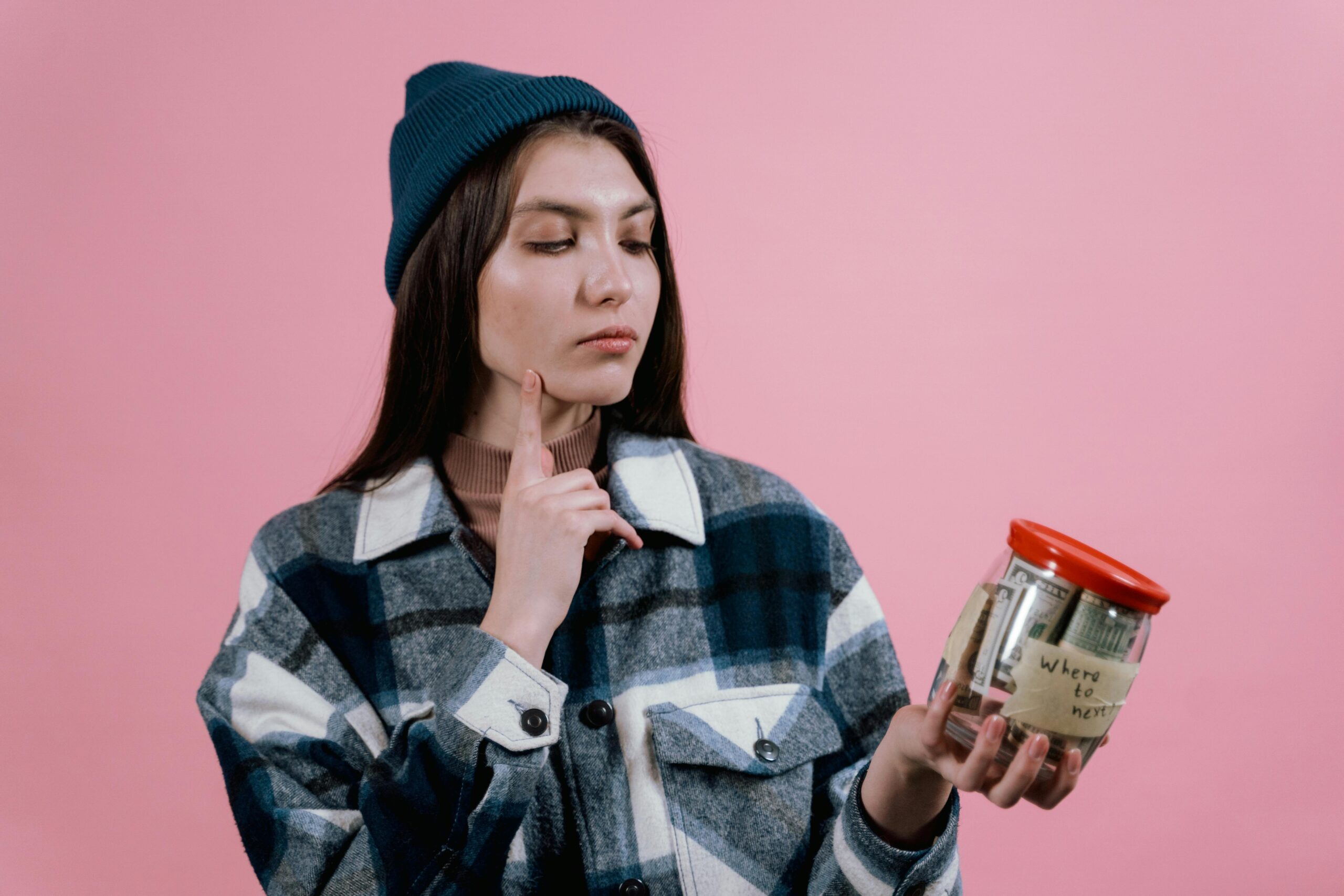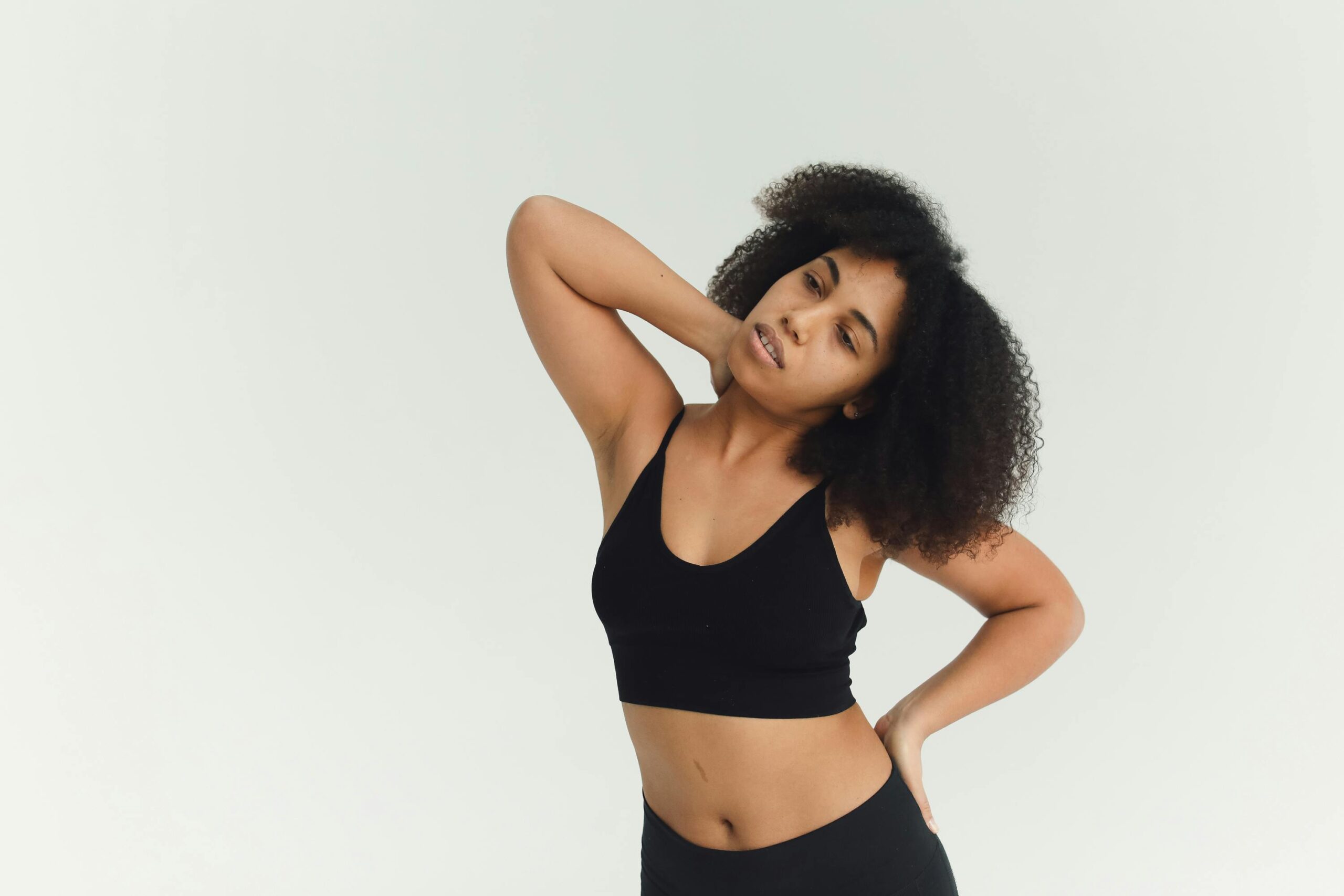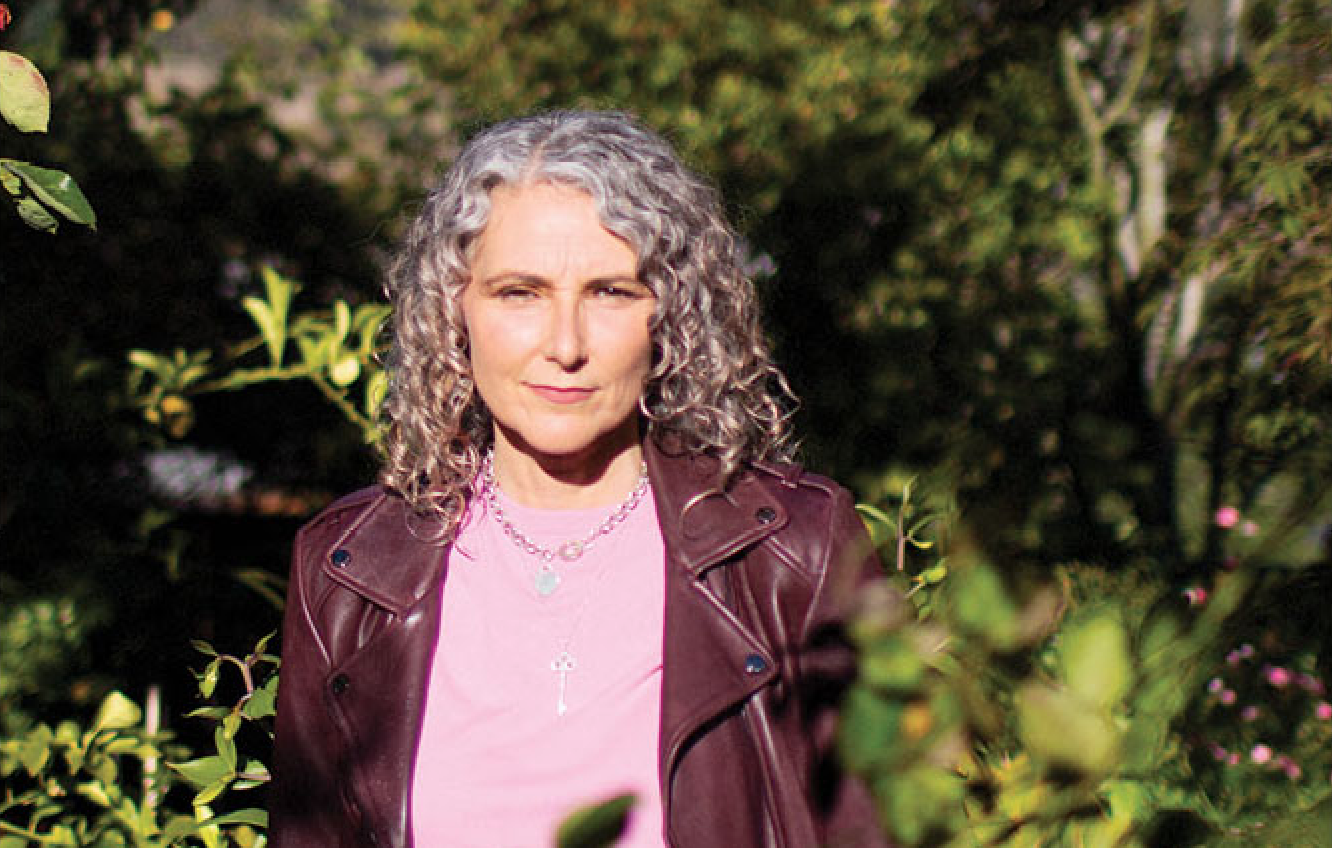
If you’re like most people, you’ve probably been hearing a lot about CBD lately. You might be wondering what all the fuss is about, and if it’s something you should be incorporating into your diet. In this blog post, we will discuss some of the key things you should know before making the decision to add CBD to your diet.
What is CBD?
CBD is a compound found in the cannabis plant. Unlike its more famous cousin THC, CBD does not have any psychoactive properties. This means that it will not get you high or alter your state of mind in any way. However, many people believe that CBD has a variety of health benefits, including reducing anxiety, relieving pain, and improving sleep.
Is CBD Legal?
The short answer is yes, CBD is legal in most places around the world. However, there are some exceptions. In the United States, for example, CBD is legal at the federal level but illegal in some states. Also, keep in mind that the legal status of CBD can change quickly, so it’s always best to check your local laws before purchasing or consuming any CBD products.
What you should know before adding it to your diet
1. Check the laws in your country/state
CBD is federally legal in the U.S., but it is illegal in some states. Make sure to check your local laws and regulations before using any CBD products. In Canada, CBD is legal nationwide as of October 2018. However, there are restrictions on how you can sell CBD products. So make sure you check your local laws before purchasing or consuming any CBD products to avoid any legal issues. For example, if you live in Texas and want to purchase CBD products in Texas state you should first know if it is legal or illegal so you ensure you stay safe. Also, in some countries like the UK, you even need a doctor’s prescription to purchase CBD products.
2. Consider the source
If you’re thinking about adding CBD to your diet, it’s important to do your research and make sure you’re getting it from a reputable source. There are a lot of CBD products on the market, and not all of them are created equal. Some companies use subpar ingredients or don’t follow proper manufacturing procedures, which can lead to products that are ineffective or even unsafe. When in doubt, always ask your doctor or a qualified health professional before taking any supplements, including CBD. Additionally, make sure to read reviews and do your own research before purchasing any CBD products.
3. Know the potential side effects
Like any substance, CBD can cause side effects in some people. The most common ones include drowsiness, dry mouth, and changes in appetite. However, more serious side effects are possible, though they are rare. These include liver damage, anxiety, and psychotic episodes. If you experience any of these side effects after taking CBD, stop taking it immediately and consult a doctor. Moreover, if you are taking any medications, it’s important to talk to your doctor before taking CBD, as it could interact with your medications. Make sure to start with a low dose and increase gradually as needed to avoid any potential side effects. You should also know that CBD is not right for everyone. If you are pregnant or breastfeeding, have a medical condition, or are taking any medications, it’s best to speak with your doctor before taking CBD.
4. Determine the right dosage
CBD is available in a variety of forms, including oils, capsules, edibles, and topical creams. The form you choose will determine the correct dosage. For example, if you’re taking CBD oil, you’ll need to use a dropper to measure out the desired amount. Start with a low dose and increase gradually as needed. If you’re taking CBD capsules, simply take one or two per day. And if you’re using a topical cream, apply it to the affected area as needed. It’s always best to start with a low dose and start increasing gradually as needed to prevent any potential unwanted effects. For example, if you’re taking CBD oil for anxiety, start with a low dose and increase gradually as needed.
5. Be patient
CBD can take some time to work. In some people, it may take a few days or weeks to see any results. So don’t be discouraged if you don’t see any immediate effects. Just be patient and give it time to work. Furthermore, make sure to stick with it for at least a few weeks to give it a chance to work. If you don’t see any results after a few weeks, you can always increase the dosage or try a different form of CBD. Also, keep in mind that individual results may vary. What works for one person might not work for another. So if you don’t see any results after a few weeks, it’s always best to consult with your doctor or a qualified health professional to see if CBD is right for you.
6. Don’t overdo it
CBD is generally considered safe, but it’s possible to take too much. So make sure to start with a low dose and increase gradually as needed. Also, be sure to stick with the recommended dosage on the product label. And if you’re unsure about anything, always ask your doctor or a qualified health professional before taking CBD. Overall, as long as you’re careful and do your research, incorporating CBD into your diet is safe and can be beneficial.
7. It can curb appetite
CBD has been shown to reduce food intake in some people, which could lead to weight loss. If you’re looking to lose weight, incorporating CBD into your diet could be a helpful addition. However, it’s important to note that this effect is not consistent and will not work for everyone. Moreover, if you’re not looking to lose weight, make sure not to overdo it, as CBD could lead to weight gain in some people.
These are just a few important things to keep in mind before incorporating CBD into your diet. By following these tips, you can be sure that you’re taking CBD safely and effectively.
















